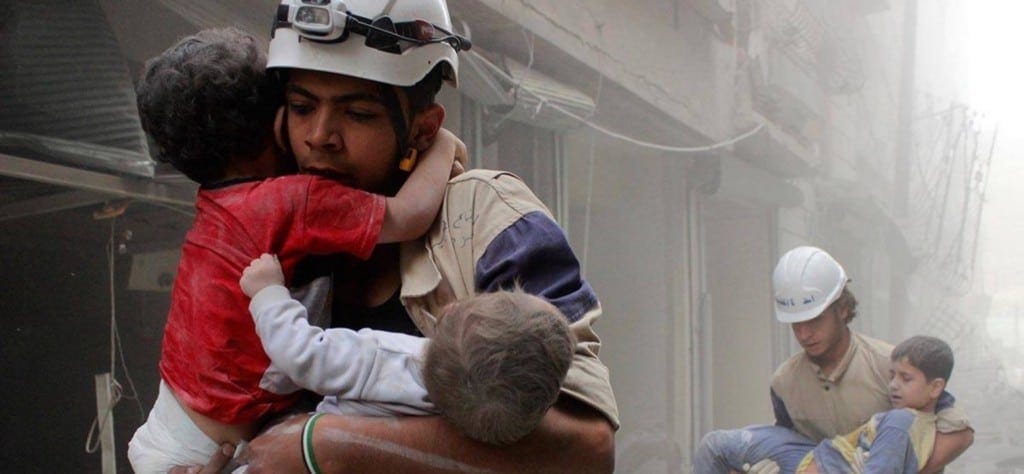Oscar Nominees for Documentary Short Comment on the Muslim Ban
Nominated film The White Helmets is directly effected by the order.

When the Oscar nominees were announced last week, a notable theme was evident in the category for Best Documentary (Short Subject). Three of the contenders — The White Helmets, Watani: My Homeland, and 4.1 Miles — all involve the plight of refugees, which is certainly on…
Keep reading with a 7-day free trial
Subscribe to Nonfics to keep reading this post and get 7 days of free access to the full post archives.



